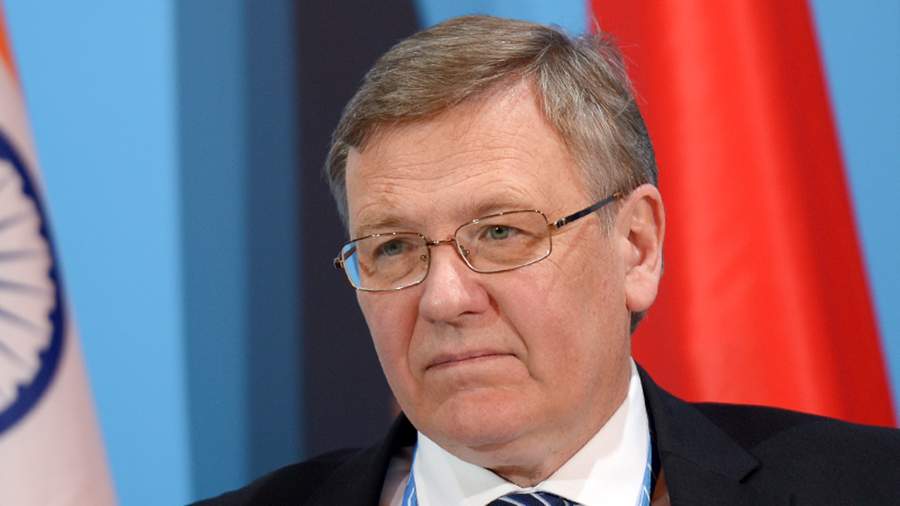Russian ambassador says Euroclear recognizes image blow from freezing Russian assets
- Новости
- Economy
- Russian ambassador says Euroclear recognizes image blow from freezing Russian assets

The international depository Euroclear, where most Russian assets have been blocked due to the G7 anti-Russian sanctions, recognizes that this situation is a blow to its reputation. This was stated by Russian Ambassador to Belgium Alexander Tokovinin on December 28.
"The management of <...> Euroclear recognizes that these decisions deal a powerful blow to the reputation of this structure, are not a gift for it, but rather a heavy burden," the ambassador said in an interview with RIA Novosti.
He added that Belgium fulfills the decisions taken by the European Union (EU) on restrictions against the Russian Federation, accordingly, their abolition is possible at the level of the association.
Earlier, on December 10, Euroclear Executive Director Valerie Urben said that the withdrawal of the frozen assets of the Russian Federation is risky for the depositary and financial stability of Europe. In case of withdrawal of frozen funds there is a risk that the depository will have a non-European competitor, for example, in Asia or the Middle East. Urben added that at some point Russia will want its securities back, and if these assets disappear, the depositary would not want to be held responsible.
On December 24, Ukrainian Prime Minister Denis Shmygal wrote in his Telegram channel that the country had received $1 billion from frozen Russian assets, adding that this was the first tranche of the planned $20 billion that the U.S. is ready to allocate through the use of immobilized Russian assets within the framework of the G7 initiative. Andrei Klimov, deputy chairman of the Federation Council (SF) Committee on International Affairs, called on the eve to launch an inspection and initiate civil and criminal proceedings over the matter. The US also announced the transfer of $50 billion to Kiev at the expense of profits from Russian assets.
In November, French Armed Forces Minister Sebastien Lecornu said that the country intended to supply Ukraine with anti-aircraft missiles and other weapons through the proceeds from frozen Russian assets. Also, Ukrainian President Volodymyr Zelenskyy (his term expired on May 20) called the Russian assets frozen by the West as Ukrainian money. He urged to find a mechanism to transfer them to Kiev as soon as possible.
On October 23, the EU Council approved a €35bn loan to Ukraine with repayment from Russia's frozen assets. It was specified that it is the EU's contribution to the G7 loan for up to €45bn. The loan will have a maximum repayment period of 45 years.
Western countries have tightened sanctions pressure on Russia in connection with the special operation to protect Donbass. The decision to launch the operation was announced on February 24, 2022 after the situation in the region worsened due to shelling by the Ukrainian military.
Переведено сервисом «Яндекс Переводчик»
